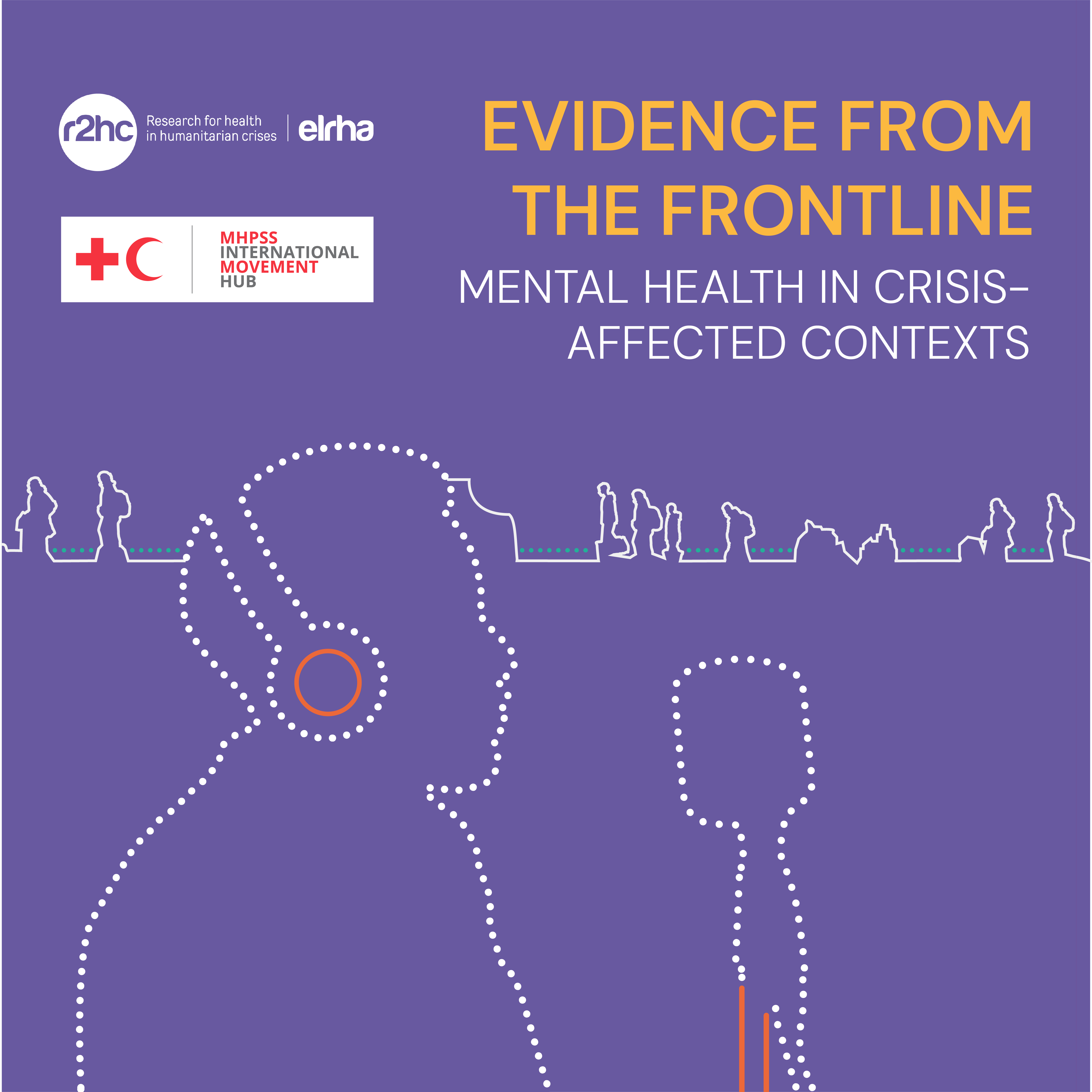Evidence from the frontline: Mental health in crisis affected contexts, episode 3: CETA

Listen to the podcast here or subscribe to Evidence from the frontline: Mental health in crisis affected context on Apple Podcast, Spotify, or wherever you find your podcasts.
In this third episode of Evidence from the frontline: Mental health in crisis affected contexts, we’ll be talking about CETA (Common Elements Treatment Approach), when a transdiagnostic approach the best route to quality mental health care in crisis affected context, and how does it work in practice?
CETA is a transdiagnostic system of care; starting with a brief assessment that helps triage and create a clinical care pathway, along with ongoing monitoring and evaluation. It is evidence-based for all ages (children, youth and adults) and is built from evidence-based CBT-cognitive behavioural therapy elements. It is meant to streamline and simplify care – moving away from siloed assessments and treatments (or those that assess or treat only one problem area).
In this third episode, Sarah Harrison, Director of the Red Cross Red Crescent Movement MHPSS Hub, talks to three experts with extensive experience with CETA: Dr Laura Murray (Founder, CETA Global; Senior Scientist, John Hopkins Bloomberg School of Public Health), Cherry Soemyint (CETA trainer, Myanmar) and David Mwanza (CETA trainer, Zambia).
Together they explore how CETA is adapted for different service-user groups and contexts; and CETA’s potential to be linked with different interventions for long-term impact, as well as approaches to supervision and cost-effectiveness considerations. They talk about how it can be flexibly implemented and adapted to diverse countries, communities and contexts in response to needs-with CETA clients ranging from people with HIV in Zambia, to pregnant and lactating mothers in the Thai Burmese border.
Related resources
Key resources for practitioners
Research and further reading
- Evaluation of phone-delivered psychotherapy for refugee children
- Integrating an evidence-based mental health intervention into non-communicable disease care (coming soon)
Evidence from the frontline: Mental health in crisis affected contexts is a six-episode podcast mini-series produced in a collaboration between the MHPSS Hub and Elrha.
Designed for MHPSS practitioners working in humanitarian and crisis contexts, the series highlights impactful interventions and offers practical insights from experts in the field. It will explore critical topics including effectiveness, implementation, adaptation, integration into existing programmes, human resources, costs, and the importance of cultural and contextual relevance.